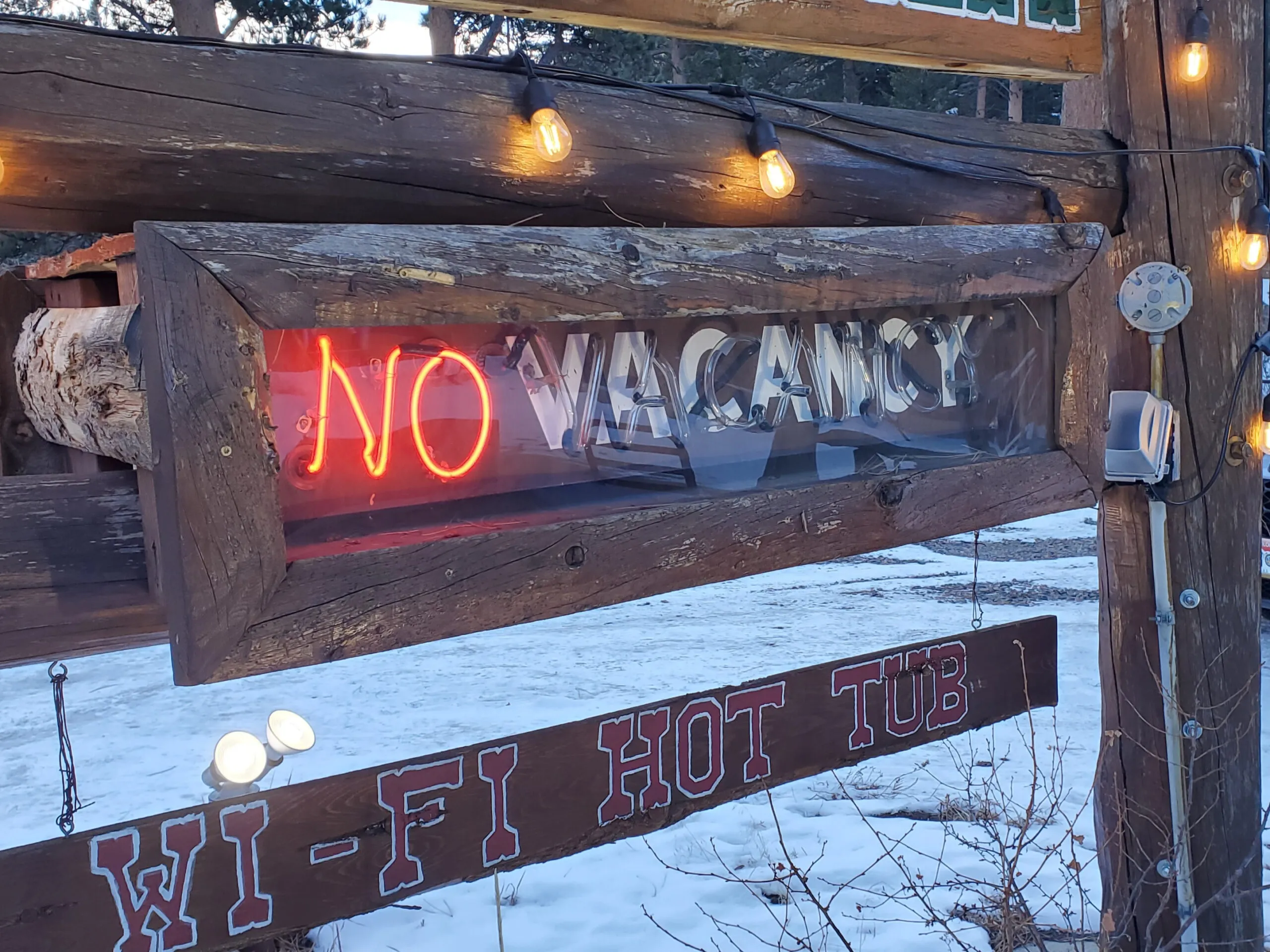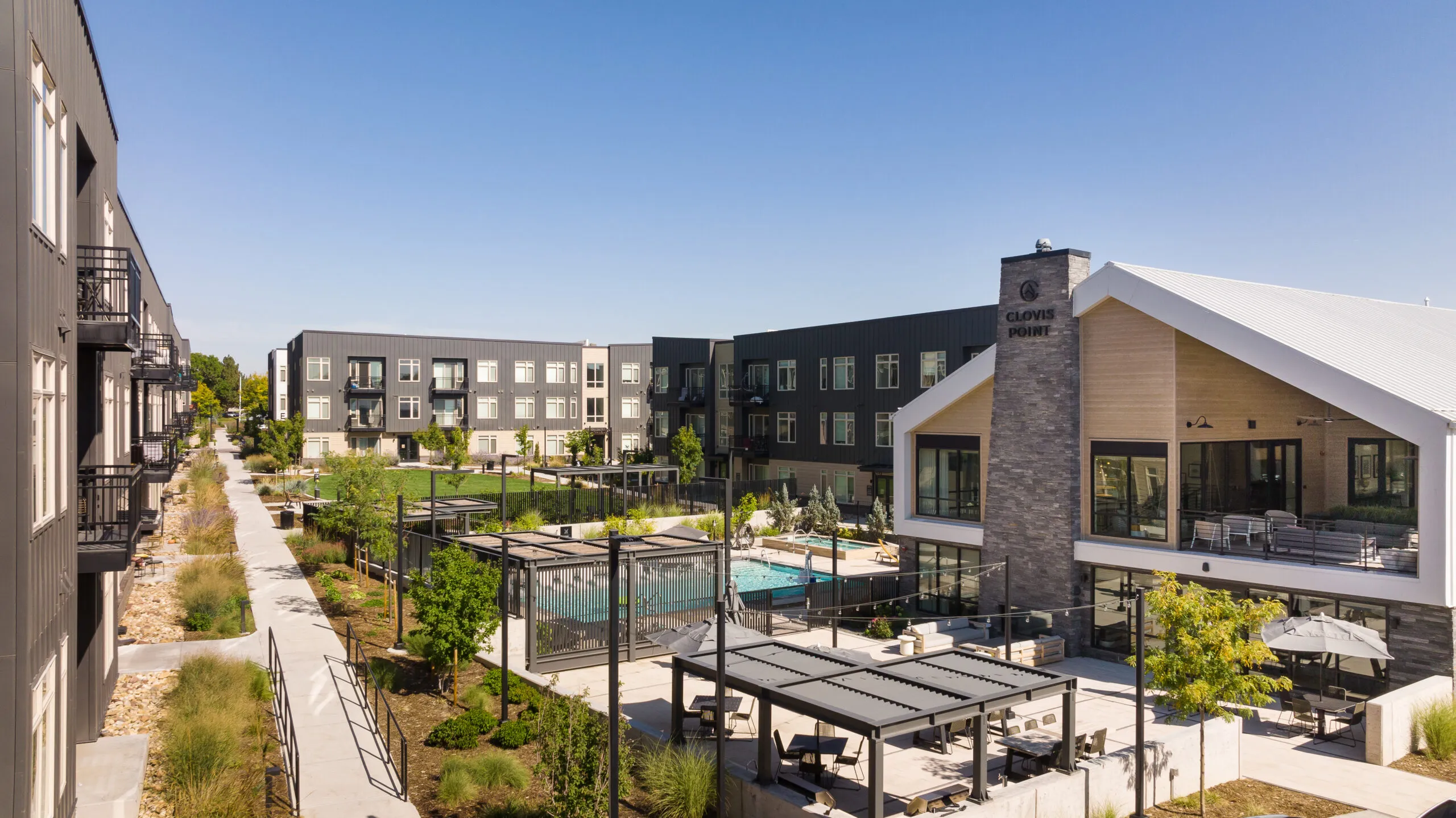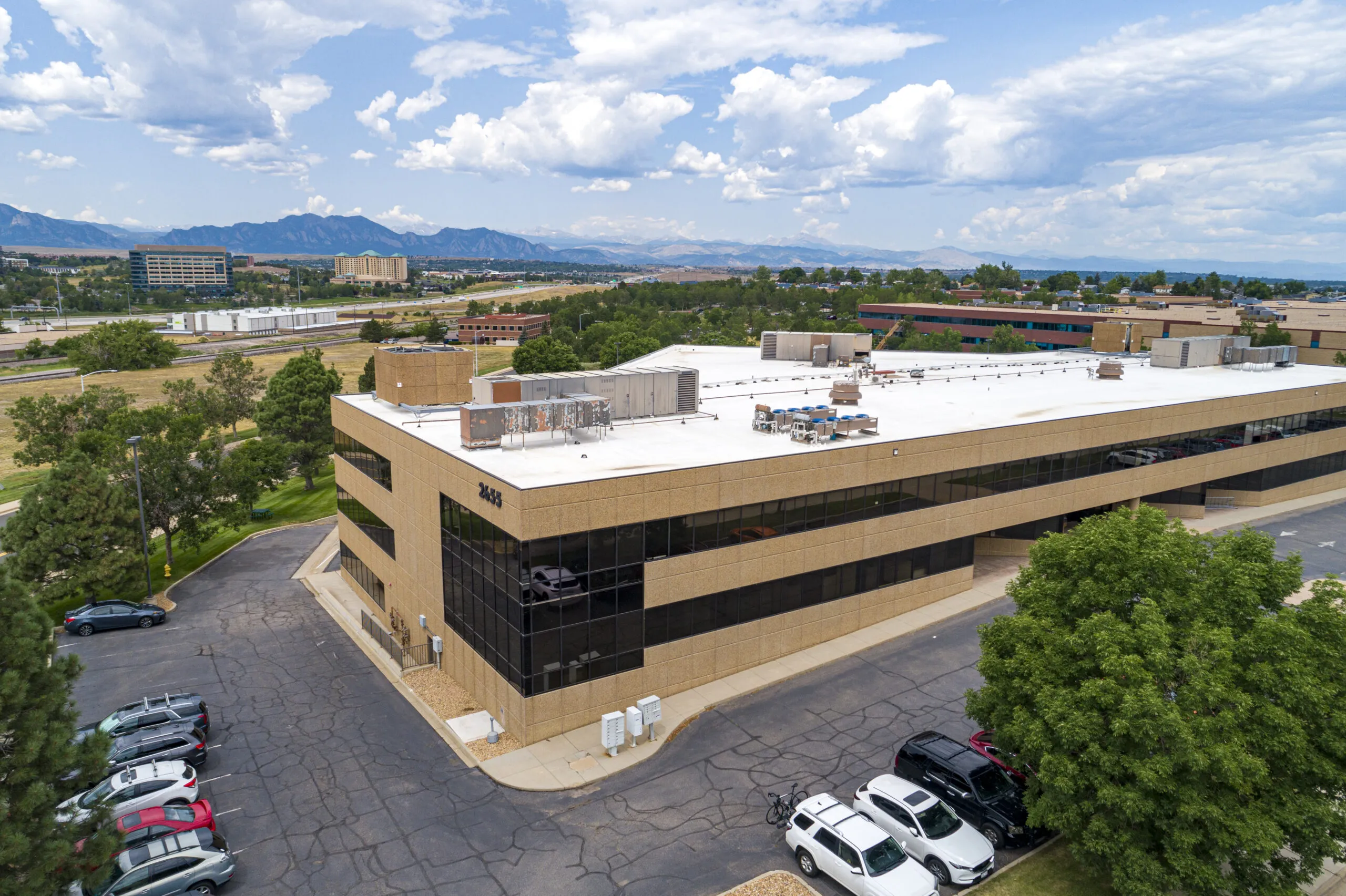Investor approach to commercial RE remains “wait and see”
What's next for real estate: Investment
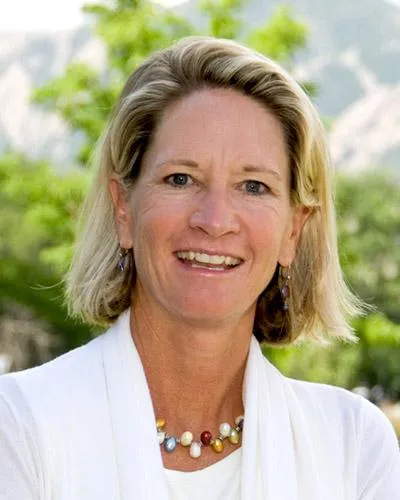
Commercial real estate deal flow along the Front Range slowed to a trickle when the World Health Organization declared the COVID-19 outbreak a pandemic in March 2020.
Four months later, as Colorado’s economy reopens, investors are still largely taking a wait-and-see approach, and commercial real estate professionals say that the true effects of the pandemic on the market won’t be apparent for years.
They are, however, still optimistic about the long-term future of commercial real estate along the Front Range.
SPONSORED CONTENT
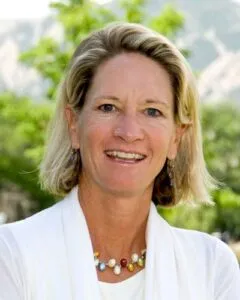
“I’ve been through recessions before,” said Becky Gamble, CEO of the Boulder-based Dean Callan & Co. “It’s not a function of ‘if,’ but ‘when,’ the market recovers. I’m very bullish that we will recover, and Boulder will recover faster than much of the rest of the state, and the state will recover faster than most other states.”
At the start of the pandemic, demand for commercial real estate along the Front Range was high, and vacancies were low. This reflected a nationwide trend; in its November 2019 Financial Stability Report, the Federal Reserve noted that property values had skyrocketed since the end of the Great Recession and that capitalization rates were near all-time low levels.
“Prior to the pandemic, we saw a large compression of cap rates country-wide and in Colorado,” said Chris Jensen, president of Vista Commercial Advisors in Lafayette. “The value of assets was continuing to go up and supply was continuing to drop.”
When COVID-19 was declared a pandemic and the United States’ economy shut down, speculation of a potential commercial real estate market crash was rife. Billionaire investor Carl Icahn notably compared the commercial real estate market in March 2020 to the housing market in 2008 when he announced he was shorting the commercial mortgage bond market.
Along the Front Range at least, no bubble has yet burst. The deal-flow slowdown, however, was very real. According to data provided by Sperry Van Ness, there were 98 commercial real estate sales in Boulder, Larimer, and Weld counties with reported cap rates in the first two quarters of 2019, with cap rates averaging between 6.3 and 6.4 percent. The first two quarters of 2020 saw just 65 sales with reported cap rates, and the average rates had climbed to around 7.1 percent.

In Greeley, about 25 percent of properties under contract at the start of the pandemic were cancelled, and another 25 percent were delayed, said Mark Bradley, managing broker at Realtec Greeley.
“Things came to a halt pretty drastically,” Bradley said.
That was the case up and down the Front Range.
“Prior to COVID, demand was great and vacancies were low,” Gamble said. “That’s changed pretty dramatically. It hasn’t gone to zero, but demand is pretty sparse.”
Much of this is because of big-money investors sitting out the market, Steve Kawulok, managing director of Sperry Van Ness Denver, said in an email.
“These larger investors, many from out of state, have been more cautious with those larger, mostly portfolio investments,” Kawulok said. “Thus, the reduction in number of sales is likely because the larger investors have been less active than a year ago. They tend to buy the large deals that are perceived to have less risk to the investor.”
Of the deals that are taking place now, Kawulok said, many are smaller, involving private investors with non-institutional tenant credit taking on slightly higher risk. Gamble added that in Boulder, subleases are starting to enter the market at a higher rate. In Greeley and Fort Collins, the deals that have closed have tended to be shorter-term leases, said Bradley and Josh Guernsey, managing partner at Waypoint Real Estate in Fort Collins.
Which market segments have seen a slowdown and which have remained active appears to be directly tied to how society at large has responded to the pandemic. Across the Front Rage, retail and restaurant industries have struggled, but sectors closely tied to COVID-19 have survived.
In Boulder, Gamble said, the biopharma industry is the biggest exception to the slowdown. Smaller-scale industrial businesses that make in-demand products such as personal protective equipment and hand sanitizers also have some momentum. So does the cannabis industry.
Indeed, as manufacturing of PPE and cleaning products has become paramount, industrial flex space in Fort Collins has become undersupplied, Guernsey said. He added that spaces in southern Fort Collins, particularly around Harmony Road, have been less affected than businesses in Old Town, where retail and restaurant storefronts have vacated as Paycheck Protection Plan funds dry up.
Office space is another sector that has seen uncertainty across the Front Range as companies decide how to transition back to office work from remote work – or whether to transition back at all.
“Most companies have hit ‘pause’ to fully understand what their work environment looks like going forward and how they’re keeping everybody safe, as well as who’s coming back, who’s still working from home, how that impacts productivity and culture,” Gamble said. “There’s so many things most companies are grappling with, and as a result they’ve hit this pause button.”
Even then, commercial real estate professionals say that the true effects of the pandemic on the market won’t be felt for some time. The pandemic has lasted months, which is a short amount of time in commercial real estate. Closing cycles and lease terms are longer than they are for residential properties.
“If you have a five-year, value-controlling lease, the negative impacts of the pandemic won’t be seen until the lease turns over or the tenant fails,” Jensen said. “The pandemic hasn’t been going on long enough to negatively impact long-term investment on the Front Range.”
All of this has created an environment in which patient investors can be rewarded. Economic recovery may take time, but it will come, and there will be profit to be made.
“I don’t think we’ve seen any real opportunities come to the market yet,” Bradley said. It would be premature to jump in now. Real opportunities may be a quarter away.”
Guernsey concurred: “Investors with patience,” he said, “will be the people that win.”
See related stories
Will COVID-19 nail the coffin for struggling shopping centers?
Commercial real estate deal flow along the Front Range slowed to a trickle when the World Health Organization declared the COVID-19 outbreak a pandemic in March 2020.
Four months later, as Colorado’s economy reopens, investors are still largely taking a wait-and-see approach, and commercial real estate professionals say that the true effects of the pandemic on the market won’t be apparent for years.
They are, however, still optimistic about the long-term future of commercial real estate along the Front Range.
 Becky Callan Gamble – Image courtesy…
Becky Callan Gamble – Image courtesy…

